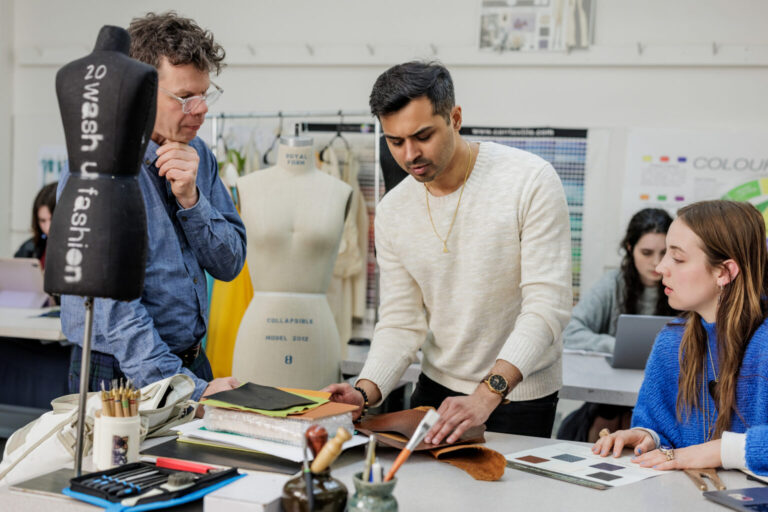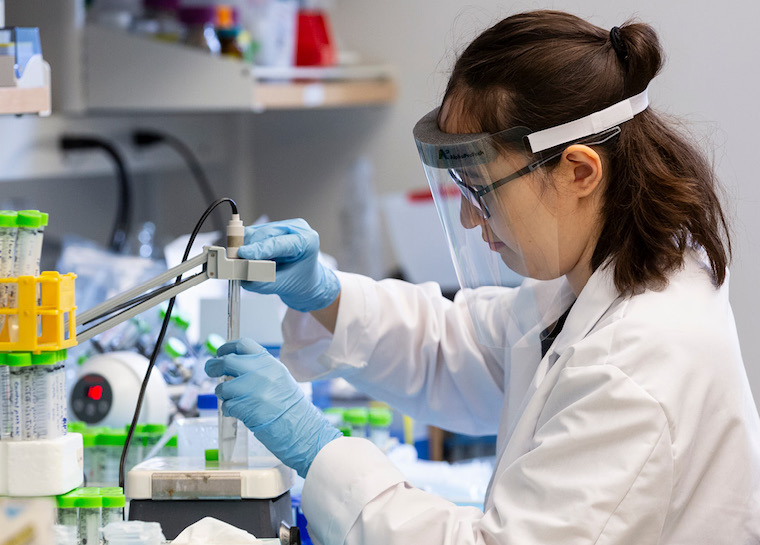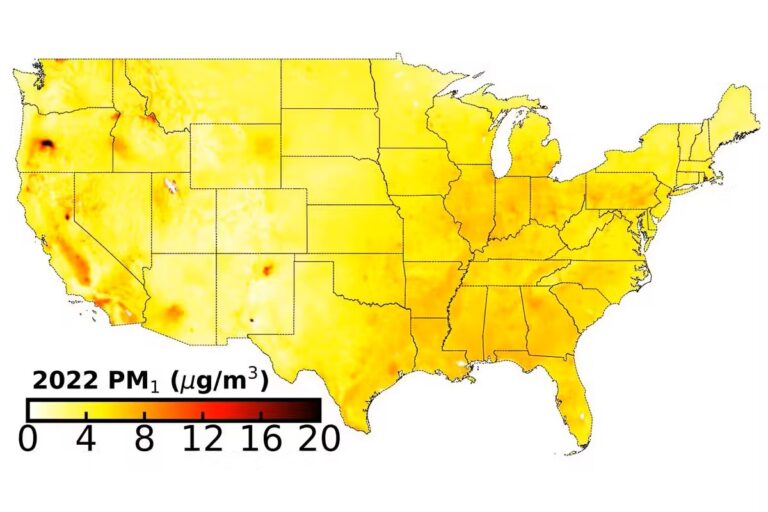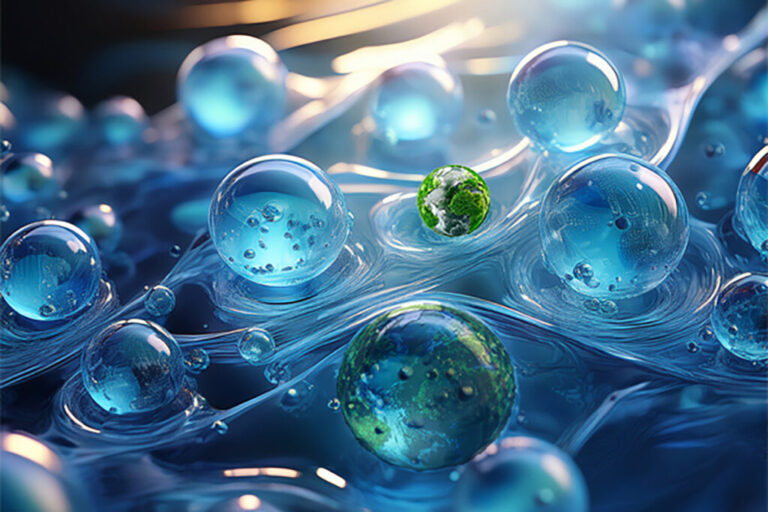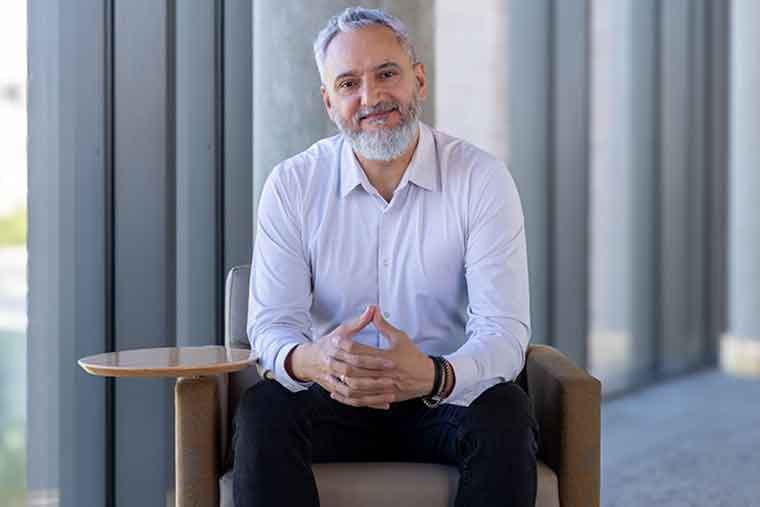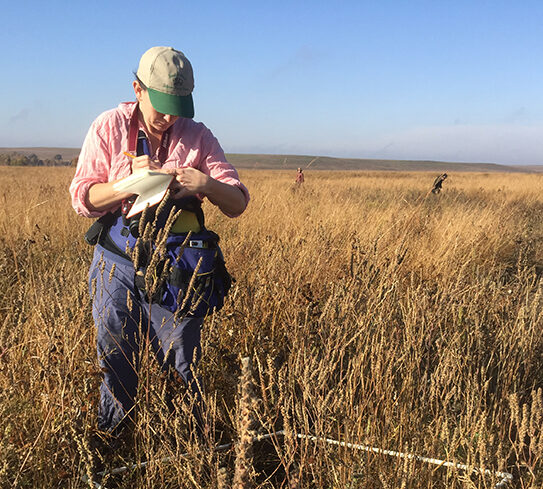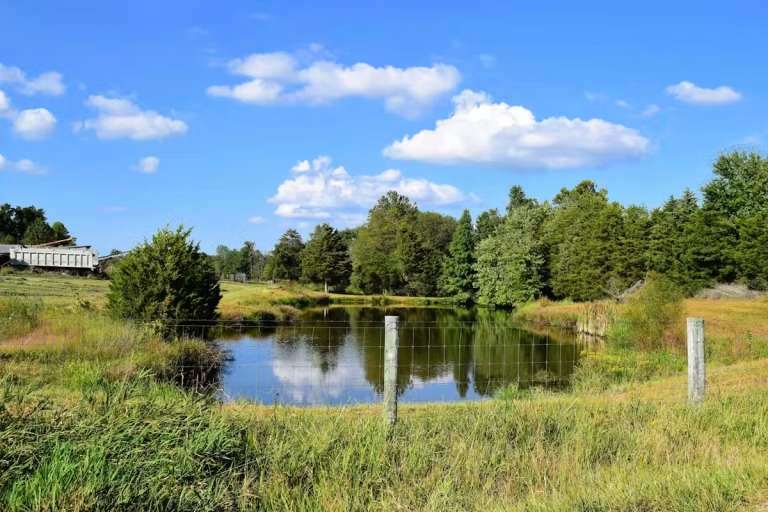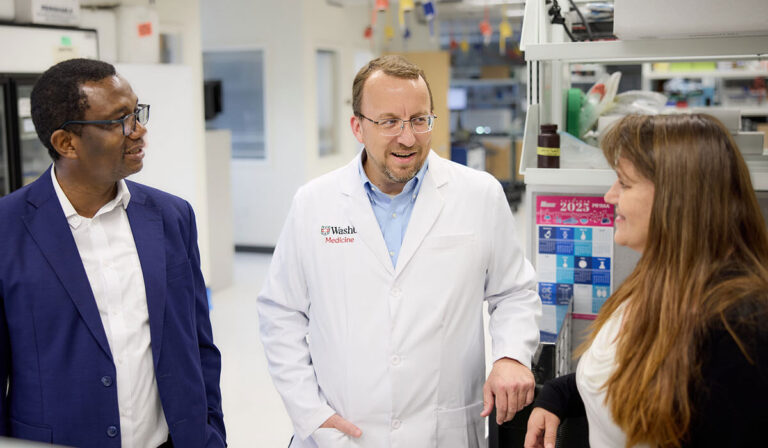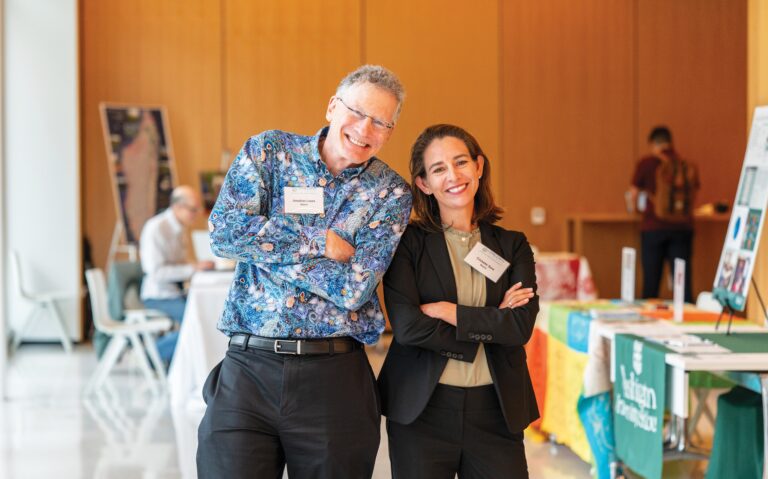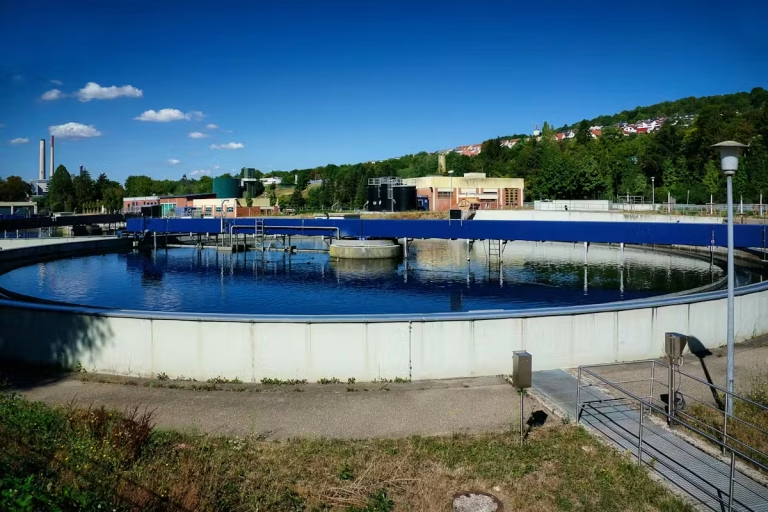Ethical exotics
How engineering and fashion design are restoring endangered ecosystems
Environmental futures
SHARE
Across all Washington University in St. Louis campuses, scores of researchers share a drive to understand the natural forces that shape our climate, health, culture and physical world.
Tiny and toxic: Researchers track smaller air pollution particles across U.S. skies
To help understand air pollution health effects, researchers at Washington University in St. Louis quantify how the amount of submicron particles in the air has changed over the past 25 years
New hydrogel treatments turn water waste into fertilizer
Novel nanotechnology promotes circular nutrient economy
Reis named co-editor of Journal of Physical Activity and Health
SHARE
Reis
Rodrigo S. Reis, a professor at the School of Public Health and an expert on the intersection of physical activity, the built environment and health, has been appointed co-editor of the Journal of Physical Activity and Health.
Reawakening ‘sleeping’ crops to combat today’s climate crisis
Natalie Mueller, an expert on agrobiodiversity and an assistant professor of archaeology in Arts & Sciences at Washington University in St. Louis, studies “three sisters” crops.
Removing selenium from water takes iron strength
Daniel Giammar’s lab takes two steps toward removing contaminant from water
A faster route to eliminating parasitic infection endemic to Africa
In a clinical trial, researchers find moxidectin, a new medicine for river blindness, also works for lymphatic filariasis
Global biodiversity begins at home with the Living Earth Collaborative
Combining the forces of WashU, the Missouri Botanical Garden, and the Saint Louis Zoo, the Living Earth Collaborative works to protect the plants and animals of the world — for their sake and ours.
Electrochemical innovation offers chemical-free solution to assist in wastewater reuse
Kaichao Yang and Zhen He developed an electrochemical process that softens water, disinfects pathogens and benefits reverse osmosis systems used for advanced water treatment
